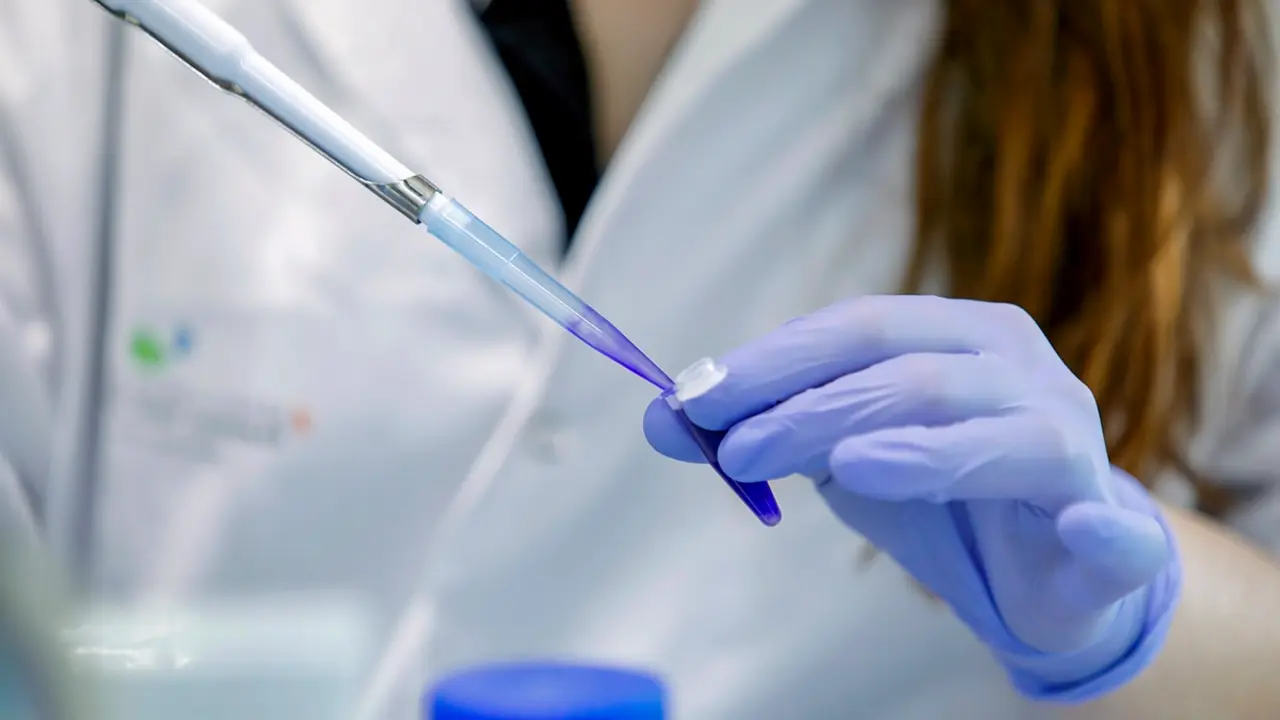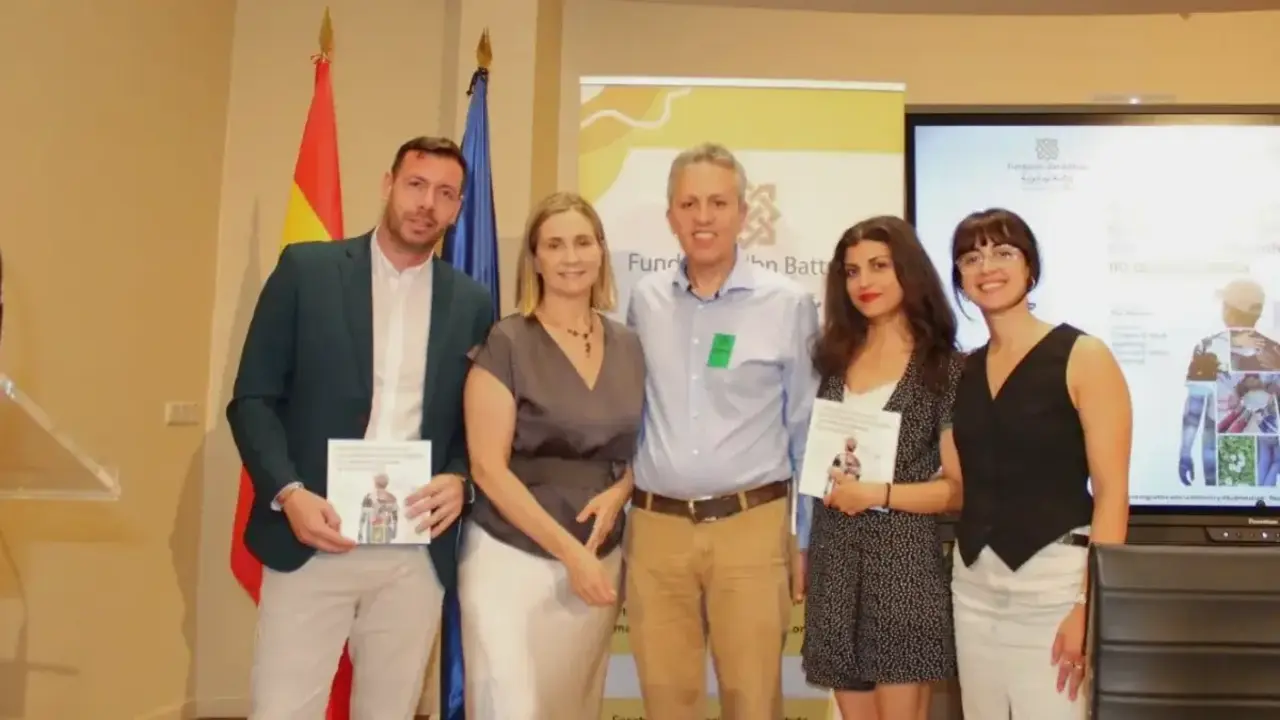Russia disputes US influence in Latin America thanks to its vaccine

The coronavirus, or rather the health tools to deal with it, from medical equipment to vaccines, has become an element of global diplomacy. Pharmaceutical companies have received huge amounts of money to finance research and development of the vaccine with the aim, in addition to immunising the population, of gaining weight and influence in certain regions where the United States, China and Russia, mainly, seek to be the predominant player.
For this reason, regions such as Africa and Latin America, with less economic capacity to obtain the vaccine and with poorer health systems to distribute and maintain it, have become a playground for the great powers, also in this area.

Due to their proximity to the United States, their influence on the Latin American continent has traditionally been greater than that of their global competitors, with notable exceptions such as Venezuela, with whom the relationship is nil. However, COVID-19 has so aggravated the delicate situation of some countries that the urgency to alleviate the situation has forced many of them to seek alternatives beyond their traditional allies.
In this scenario, the Russian vaccine, Sputnik V, has allowed Russia to gain an advantage. Initially, the opacity with which Russia developed the vaccine and the lack of international studies to back it up meant that some countries, despite the need for vaccines, were reluctant to go with the Russian option. However, the recent publication in the prestigious British journal The Lancet of studies on the Russian vaccine, which they give a high degree of reliability, has completely changed the scenario as far as Latin America is concerned.

Firstly, the Russian vaccine is much cheaper than other alternatives, which for resource-poor countries is a vital issue. The Russian vaccine is estimated to cost half as much as the Pfizer vaccine, another vaccine used in the continent. Secondly, the temperature at which it must be stored, between 2 and 8 degrees Celsius, facilitates logistics for these countries with limited health capacities, especially when it comes to transport and storage. And finally, the fact that vaccine production is not going as fast as it needs to, means that other options must be sought.
So far, six countries have authorised the use of Sputnik V: Argentina, Bolivia, Mexico, Nicaragua, Paraguay and Venezuela, although more Latin American countries are expected to join this list in the coming weeks, perhaps the most representative being Colombia, one of Washington's main allies on the continent, which is expected to approve the use of Sputnik V in the near future.

Argentina, for example, has purchased 25 million doses, of which more than 600,000 have already been applied. Mexico, for its part, has purchased 24 million, of which the first 200,000 doses are expected to arrive in the country this weekend. Venezuela has purchased 10 million doses, the first shipment of 100,000 of which was received at Caracas airport just a few days ago. Bolivia is one of the Latin American countries that received the Russian vaccine most promptly. A shipment of 20,000 doses out of a total of 2.6 million vaccines arrived in the country on 26 January.
While the United States and the European Union are focused on immunising their citizens, countries such as China and Russia, whose vaccine development companies are state-owned, are more focused on exporting this vaccine as a new form of diplomacy, and penetrating with them into scenarios such as Latin America, where their influence was, until now, much more limited.







